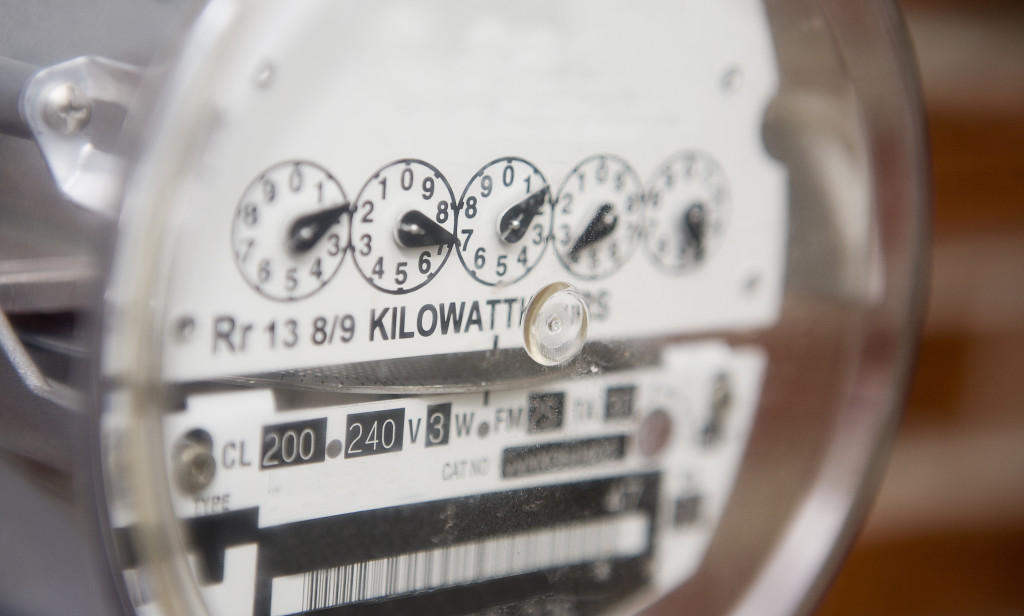The Environmental Protection Agency proposed big new regulations this week to combat climate change. The regulations target more than 1,000 power plants, and raise costs on both power companies and consumers. The U.S. Chamber of Commerce estimates the regulations will cost the economy tens of billions of dollars on average each year. But they will also impact you on a personal level in a number of ways. Below we list the top five:
- Higher energy prices. Regulations on energy increase its price. This is because energy companies must spend time and money trying to meet the new rules. These costs get passed on to you in the form of higher energy bills.
- Higher prices on everything. It’s more than just your energy bills that will increase as a result of these regulations. Because energy is used as an “ingredient” in almost every good and service – think of the lighting in your favorite clothes store or the heat/cooling keeping your food fresh in your grocery store – higher energy prices mean higher prices on nearly all goods.
- Fewer jobs. The coal and natural gas industries creates hundreds of thousands of good paying jobs in the country. Killing the industries with pricy regulations is going eliminate jobs. But it’s not just fossil fuel jobs that will be lost. Because the industry supports many secondary jobs – think of the barbers in Kentucky or the diner in West Virginia – jobs will be lost far beyond those solely in the energy sector.
- Increased inequality. These regulations will impact the poor much more heavily than the rich. The poor spend around three times the percentage of their incomes on energy compared to the rich. Therefore, these regulations can be thought of as a “regressive tax,” one which hits the poor much harder than the rest of the population. Hurting the poor, while leaving the rich relatively unscathed, will increase income inequality.
- 1/20 of a degree cooler temperatures. Based on the EPA’s own estimates, immediately replacing every coal-fired power plant with zero-carbon sources would only lower global temperatures by one-twentieth of a degree Fahrenheit in a hundred years. (These regulations do not even go this far.) A big cost for a very small result.



